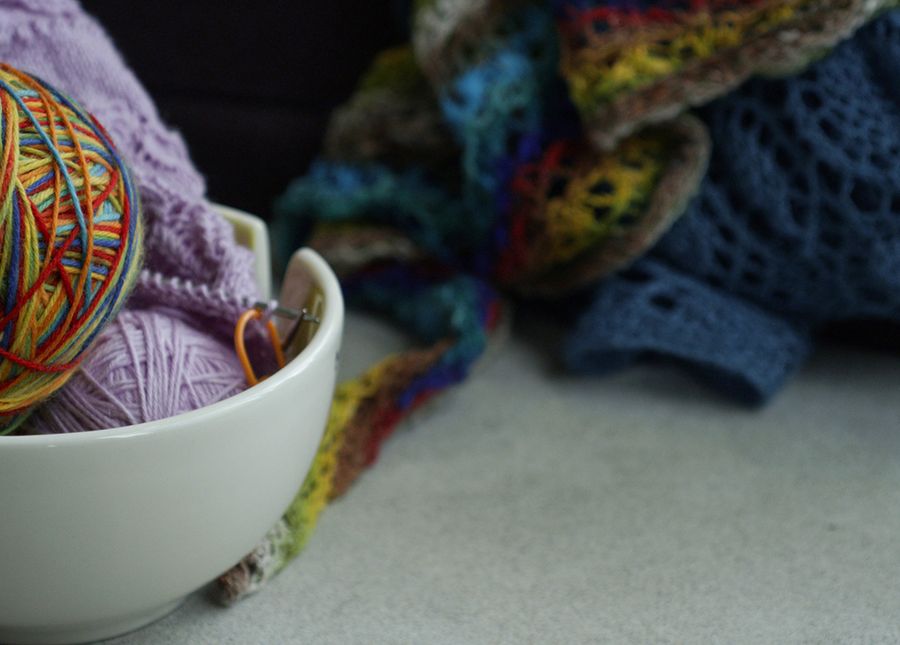Post-operative or transitional home care helps people move back home faster after a stay in hospital.
For people with higher needs, transitional care can take place in a ‘live-in’ setting (typically a residential aged care home). But many people enjoy the comfort of being at home, and support is available to make the move back home easier.
Care matched to your needs
Doctors, discharge officers or social workers can usually help you work out if transitional care is right for you. They can also help you find a provider to give you the care you need.
Typically, post-hospital care is made up of one or more of the following:
- Personal care, including washing and feeding
- Nursing, including wound management and medication assistance
- Domestic care, including going to the shops and collecting prescriptions
- Therapy, with low-impact home-based therapies to get you up and going again.
Before being discharged, you will need to be assessed by an Aged Care Assessment Team (ACAT).
Find out about the Aged Care Assessment
Covering the cost of care
Government assistance is available to help with the cost of home-based transitional care. If you can afford it you are expected to cover some costs, however the maximum charge for transitional care in your home is just over $10 a day.
Again, you need an Aged Care Assessment before you can get this financial help.



